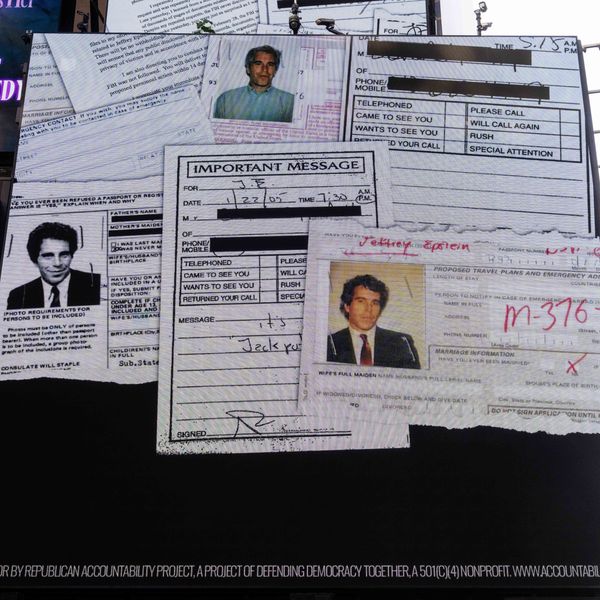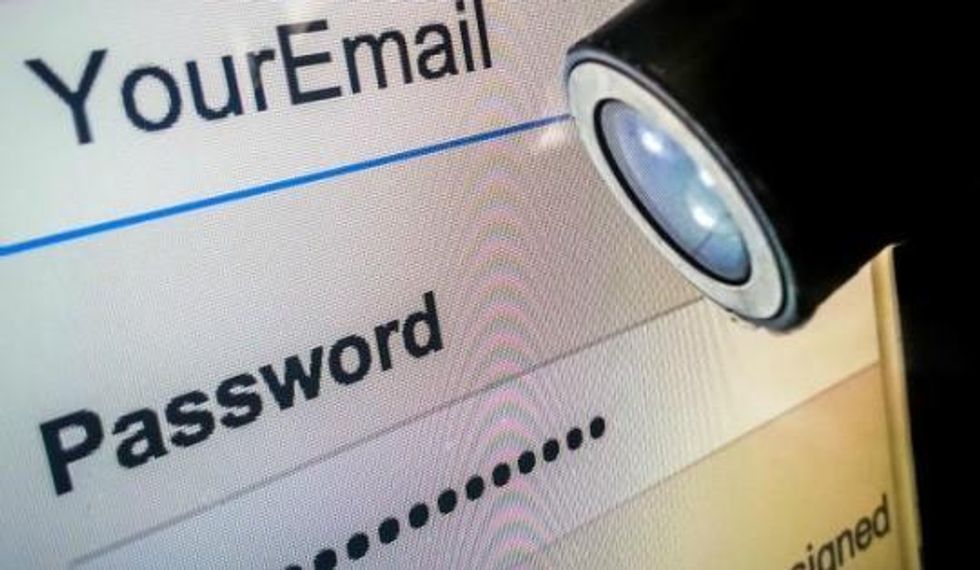U.S. government surveillance of Americans' metadata threatens confidentiality and protection of journalists' sources, warns Phil Zimmermann, the creator of the email encryption software "Pretty Good
Privacy" and president of secure communications firm Silent Circle.
In an exclusive interview with The Guardian, this pioneer in internet privacy warned that the dangers of metadata surveillance go beyond mass-scale aggregation. Metadata can also be collected on an individual level to monitor and go after journalists' sources. He explains:
You're a journalist for the Guardian. You know that the Guardian sometimes writes stories that are of great interest to intelligence agencies. Well, what if the intelligence agencies want to see if a journalist at the Guardian is talking to a particular sensitive source?
You don't have to do a lot of data mining for that. All you have to do is find that so-and-so, some government employee, is talking to some journalist at the Guardian. Then somebody's in a heap of trouble.
PGP was created by Zimmermann in 1991 as an encrypted, more private alternative to commercial email communications. He has developed a host of other privacy technologies as well, including an app for encryption smart phone calls.
In early September it was revealed that the NSA had virtually defeated encryption safeguards to protect online privacy, by breaking code and controlling and manipulating technology companies.
_____________________



